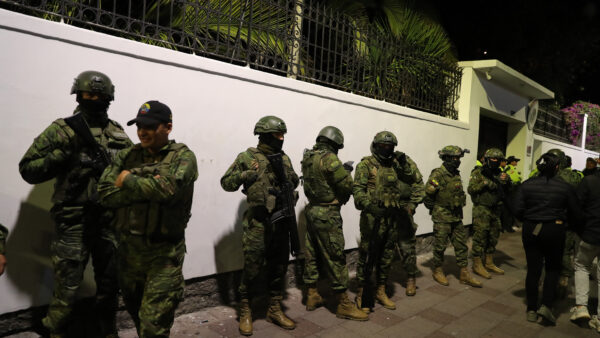This week, Brazil’s Supreme Court made a landmark decision to decriminalize marijuana possession for personal use.
While the sale of marijuana remains illegal, the Supreme Court established a threshold 40 grams as the distinction between personal use and possession with intent to sell, meaning that Brazilians can have up to 40 grams of cannabis without facing legal penalties, though this can vary on a case-by-case basis.
Brazil is now the largest country to decriminalize the drug, joining over 20 nations, mostly from Europe and Latin America — as well as some very large states in the U.S. — that have made similar moves regarding marijuana possession.
One of the biggest driving factors behind the Supreme Court decision was the lack of objective criteria to differentiate between marijuana users and dealers. In practice, when left up to individual authorities, this distinction was often made with the influence of racial bias.
Studies show that in the absence of objective criteria, black and multiracial individuals in Brazil are disproportionately classified as traffickers and therefore arrested, compared to their white counterparts. Economic status also plays a role.
According to the Institute of Applied Economic Research (Ipea), 68 percent of defendants prosecuted for drug trafficking are black or multiracial, even though they make up 57 percent of the Brazilian population.
This ruling by the Supreme Court holds the potential to rectify injustices within the justice system. After all, 40 grams are 40 grams, regardless of the skin color of the possessor. Let’s hope this decision marks a step toward a more equitable approach to drug policy in Brazil.
Check out the creation of this cartoon on The Brazilian Report’s TikTok account (@brazilianreport).


 Search
Search











































